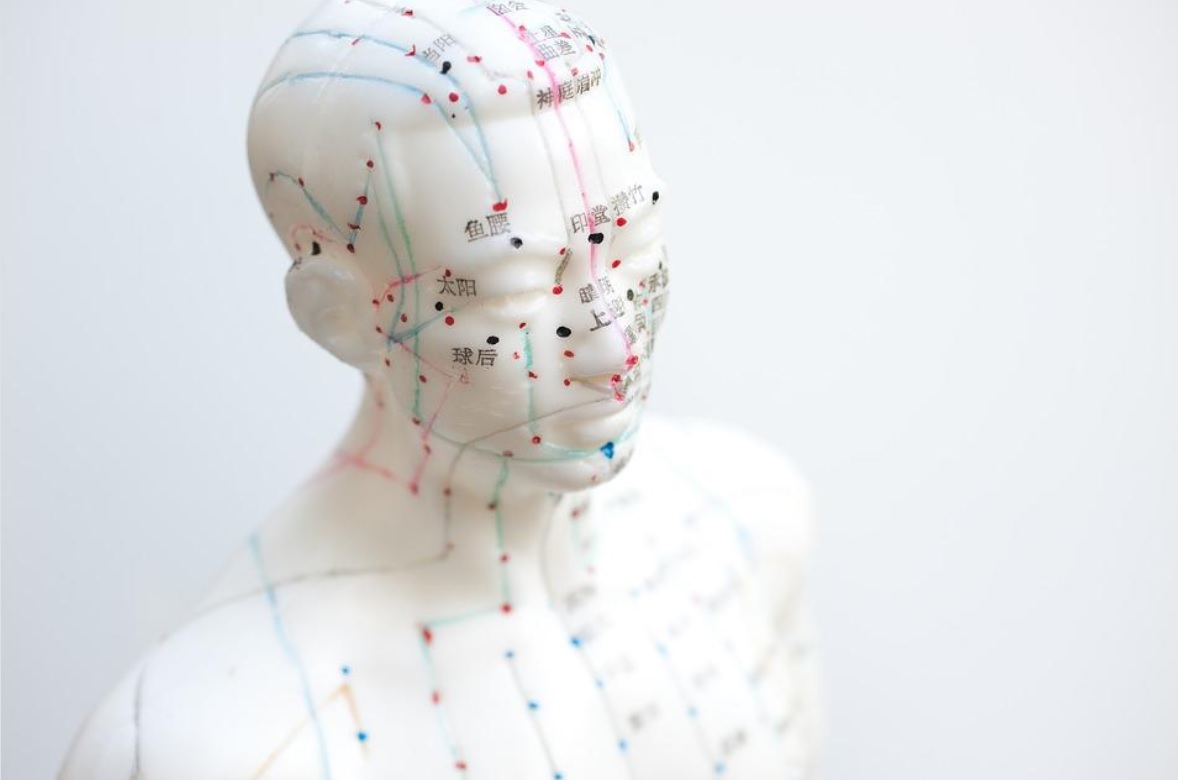Do you suffer from lower back pain?
Acupuncture is a natural way to treat lower back pain. It’s been used for centuries in China and is now gaining popularity all over the world.
Acupuncture is based on the belief that there are energy fields or “meridians” throughout the body. When these energy fields are balanced, the body is healthy. But when they’re out of balance, it can lead to disease or pain.
Acupuncture is an alternative therapy that has been used to treat various conditions for centuries. According to Traditional Chinese Medicine, acupuncture stimulates the body’s natural ability to heal itself. There is a growing body of evidence that suggests acupuncture can be effective in treating lower back pain.
A 2012 systematic review of studies concluded that acupuncture might be a reasonable option for people with chronic back pain who do not respond to other treatment options. Acupuncture can help reduce inflammation, relieve pain, and improve mobility. You don’t have to suffer from lower back pain any longer – acupuncture can help you get your life back.
Does Acupuncture Really Work?
Acupuncture is a popular treatment for chronic pain, but does it work? A comprehensive review of the evidence from 2013 found that acupuncture can be an effective treatment for chronic back pain, neck pain, and osteoarthritis. However, the review’s authors cautioned that the evidence is still limited and that more research is needed to confirm these findings. If you are considering acupuncture for your chronic pain, it is important to consult with a trained practitioner.
Acupuncture is considered safe when performed by a trained professional, but there are some risks associated with the procedure. Be sure to ask about your practitioner’s training and experience before undergoing treatment.
Different Types of Acupuncture

There are many different types of acupuncture, each with its own unique benefits. The type of acupuncture you receive will be based on your specific condition. Some of the most common types of acupuncture include:
Traditional Chinese acupuncture: This is the most common type of acupuncture. It is based on the belief that energy, or qi, flows through the body along meridian channels. Stimulating specific points along these meridians can help to restore balance and promote healing.
Japanese acupuncture: This type of acupuncture is similar to traditional Chinese acupuncture, but the needles are thinner and inserted deeper into the skin.
Auricular acupuncture: This type of acupuncture involves stimulating points in the ear. It is often used to treat addiction, pain, and stress.
Some Considerations When Getting Acupuncture
In order to get the most out of your acupuncture treatment, there are a few things you should keep in mind:
1. Repeat Sessions Required for Best Results
Acupuncture is not a one-time treatment. In order to get the best results, you will need to commit to multiple sessions. Your acupuncturist may recommend weekly or bi-weekly treatments, depending on your specific condition. For chronic conditions, it may even be necessary to continue treatments for months or years. Although it may require some time and effort on your part, regular acupuncture can provide long-lasting relief from various conditions. You can discuss the frequency of treatments with your acupuncturist to devise a plan that works best for you.
2. Should Only Visit Trained Acupuncturists
Acupuncture is a safe and effective treatment when performed by a trained professional. There are many different types of acupuncture, and not all practitioners are equally qualified. It is important only to visit an acupuncturist who has received proper training from an accredited institution. In most states, acupuncturists must be licensed in order to practice. You can ask your acupuncturist about their qualifications and experience to ensure they are qualified to treat you.
3. There May Be Some Discomfort Involved
Acupuncture involves the insertion of thin needles into the skin. While most people report little to no discomfort during the treatment, some may feel slightly pricked when inserting needles. Once the needles are in place, you may feel a tingling or numbing sensation. These sensations are normal and should not be cause for concern. If you experience any pain during the treatment, you should inform your acupuncturist so they can adjust the needles accordingly.

4. Allow Yourself to Relax
Acupuncture is most effective when the body is relaxed. This means that you should avoid scheduling your appointment during a time when you are likely to be stressed or rushed. If possible, take some time to relax before your appointment and allow yourself enough time to get there, so you don’t feel rushed. Once you are at the table, close your eyes and focus on your breath. If your mind starts to wander, simply bring your attention back to your breath. The more relaxed you are, the more effective the treatment will be.
5. May Not Be Suitable for Everyone
Although acupuncture is generally safe for most people, there are some exceptions. If you are pregnant or have a bleeding disorder, you should consult with your doctor before scheduling an appointment. Acupuncture may also not be suitable for those who fear needles. In these cases, other treatments may be more appropriate. Talk to your doctor or acupuncturist to see if acupuncture is right for you. When done correctly, acupuncture can be a safe and effective way to treat various conditions. However, it is essential to understand some risks and considerations. Be sure to discuss these with your acupuncturist before scheduling an appointment. When performed by a trained professional, acupuncture can relieve various conditions with little to no discomfort.
Final Thoughts
If you’re considering acupuncture as a treatment for your chronic pain, it’s essential to remember that multiple sessions may be required for the best results. In addition, it’s important only to visit trained acupuncturists. Acupuncture is not typically covered by medical insurance, so you may have to pay for treatments out of pocket. Finally, acupuncture may not be suitable for everyone. For example, if you have a bleeding disorder or are pregnant, you should not undergo acupuncture treatment. Before making an appointment, talk to your doctor about whether acupuncture is right for you.
